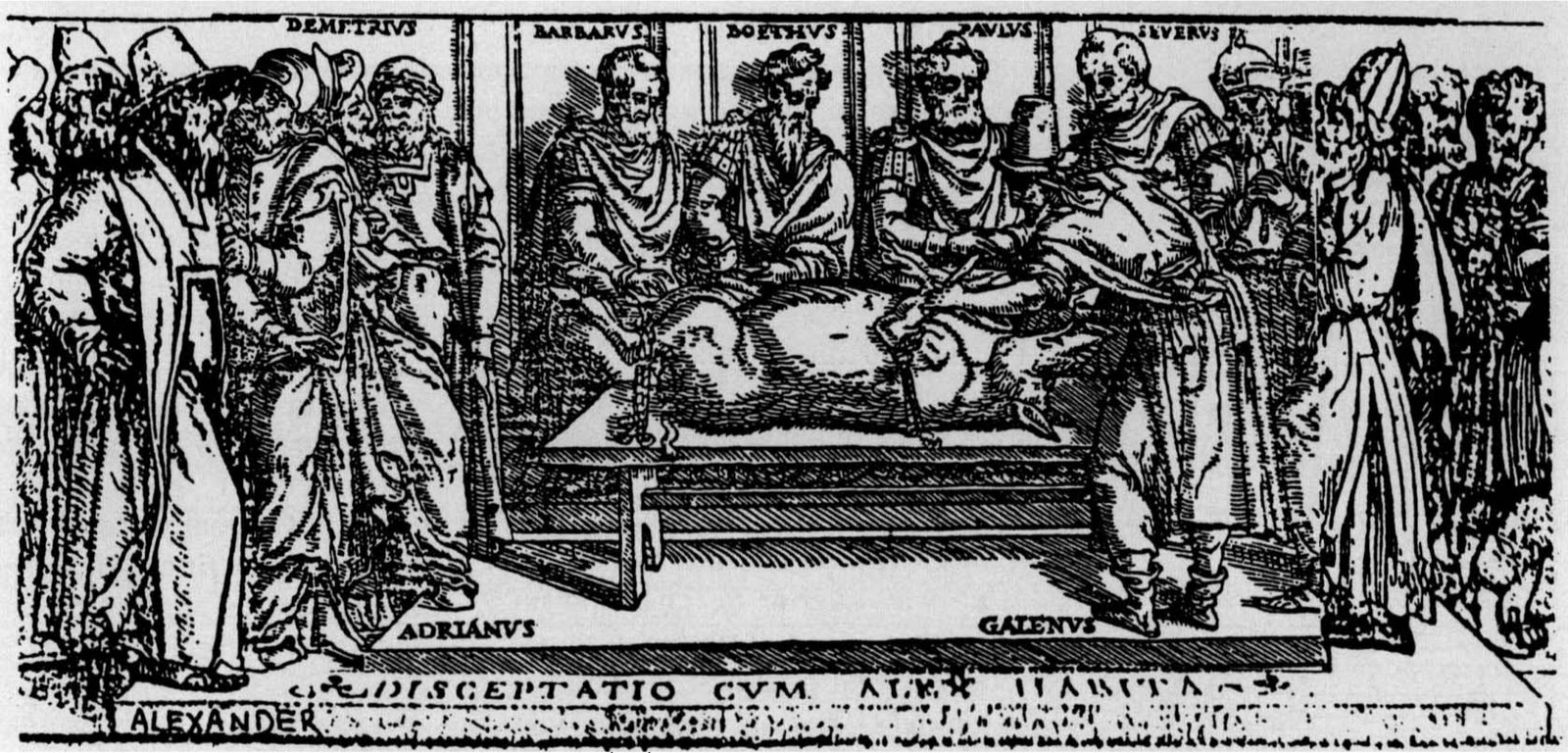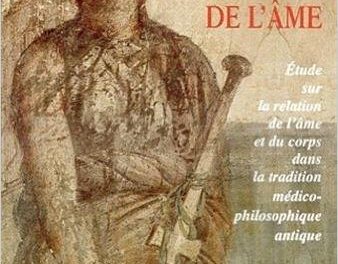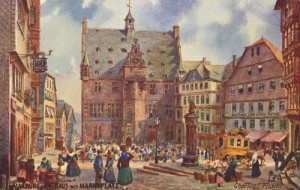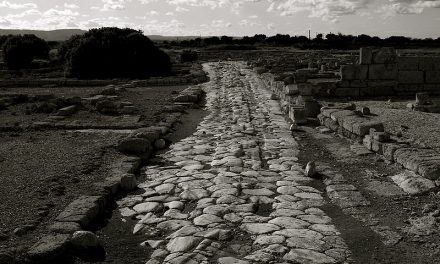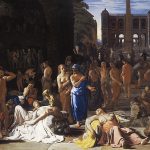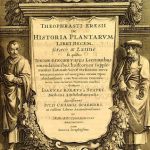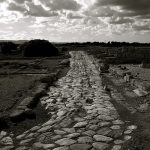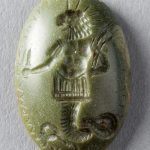
Galen’t treatise On simple drugs in eleven books holds a special place in the history of pharmacology. The first major work on the topic after Dioscorides’ De materia medica, Galen’s work brings fresh ideas on the nature, purpose and method of the field. Galen devotes five books to methodological issues, followed by another six books investigating not the apparence, but the properties of each and every simple medicine. This work, in turn, is the cornerstone of all his subsequent treatises, on compound drugs and antidotes. After Galen, Islamic medicine took pharmacology to the next level, systematising and enriching Galen’s ideas. The medieval West inherited Galenic pharmacology through the works of the likes of Avicenna, in Latin translations.
There is, at present, no modern translation of the entire text. Studies are scarce. Rethinking Ancient Pharmacology: Galen’s treatise On simple drugs is a BA-Leverghulme funded attempt at plugging this gap in our scholarship: following a workshop in September 2017 in Rome about the transmission of the text, the project will develop a comprehensive introduction to Simples, with an anthology of key passages. A series of public lectures will also raise awareness of the importance of the text.
Paradoxically, the textual transmission of Galen’s treatise was difficult: a long, convoluted text written in sophisticated Greek, On simple drugs was read and pondered in late antiquity, but was also simplified when quoted by compilers (stories, explanations, demonstrations were usually cut off), as it was in some of the manuscripts transmitting the text (for example the Vatican. gr. 284). Managing such a long text was never easy, but On simple drugs got especially unlucky: of the fifty surviving Greek manuscripts, all crucial witnesses from the 10th to 14th century are mutilated in a way or another. They also display significant variations. But due to its importance, which was recognised early enough, the text was translated into Syriac and then Arabic, and in Latin. Thus the modern scholar can use a rich indirect tradition in addition to the Greek manuscripts transmitting the text.
It is, however, almost impossible for a single scholar to work out a critical edition based on all sources, Greek, Syriac, Arabic, Latin (not to mention Hebrew). Hence it is necessary for Classicists and Semiticists to join forces in order to develop a more comprehensive view of the history and text of Galen’s Simples.
Our workshop in Rome (organised by Matteo Martelli, Lucia Raggetti and myself, and kindly hosted by the BSR) will explore the many paths of Simples from antiquity to the late middle ages.
It is great time to rediscover a text that not only defined pharmacology for centuries to come, but also abounds in intriguing descriptions and narratives, taking the reader from the Roman countryside and Greek islands to the Dead Sea. Whilst qualifying the use of drugs from a methodological and ethical point of view, Galen also brings in alternative, empirical sources of knowledge. Anonymous healers, long-lost teachings of his own masters, and chance discoveries find their place in Galen’s On simple drugs, defying modern expectations and challenging century-old assumptions about Galen’s ‘rationality’. Defending borderline magical remedies, Galen provided a flexible, inclusive framework for later physicians: this was one of the keys to the treatise’s success.
See you in Rome!
